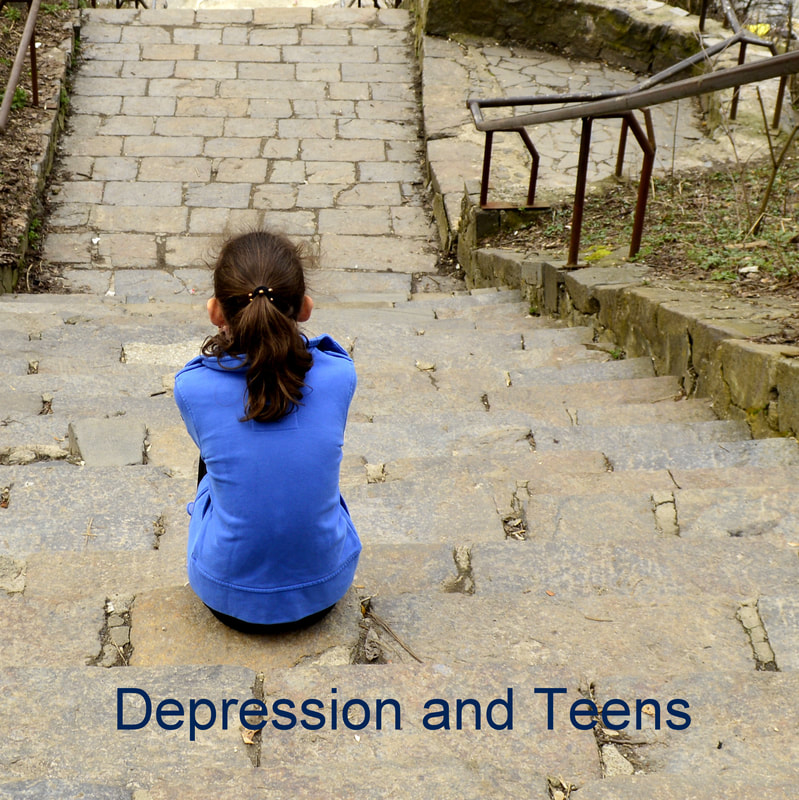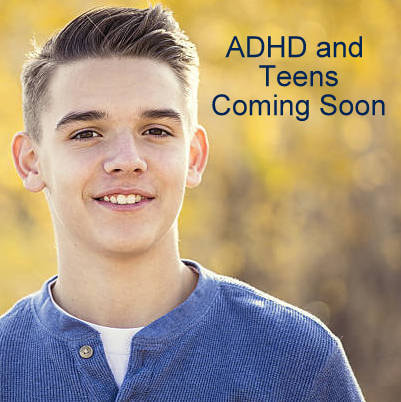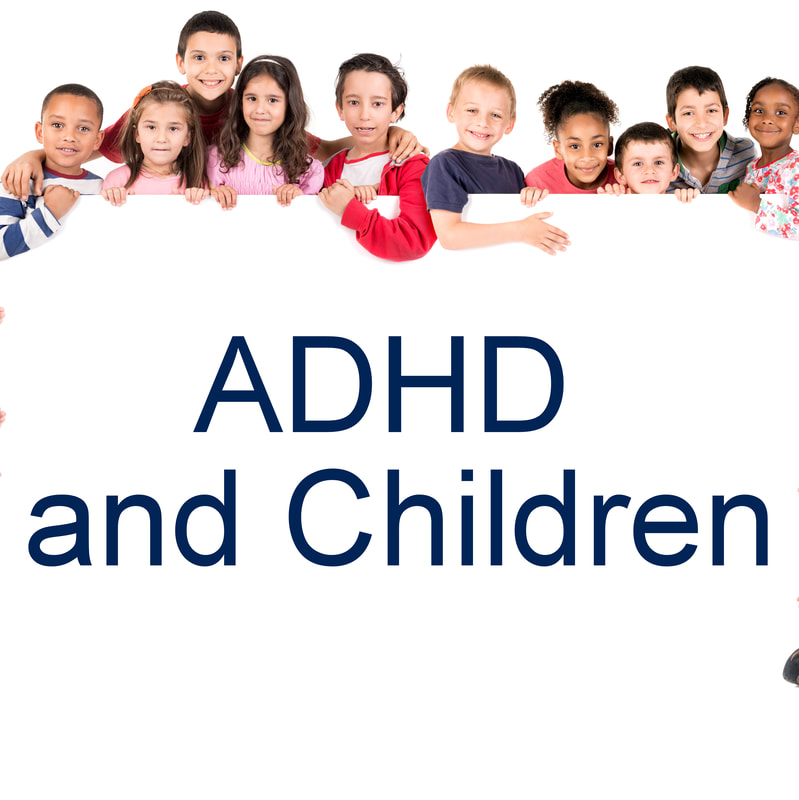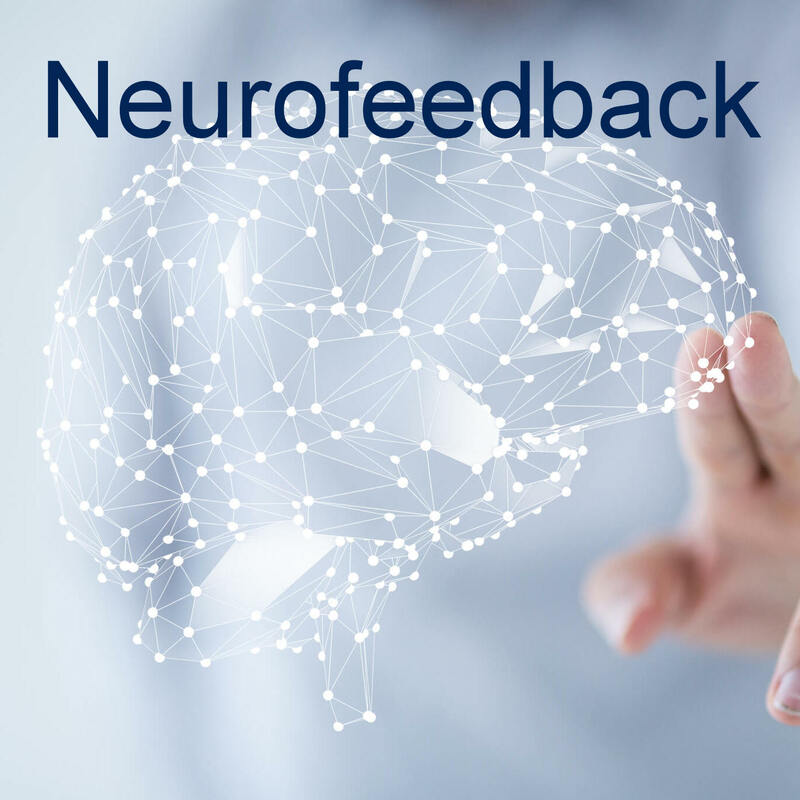Adolescence is a time of both independence and strong reliance on family. Teenagers are practicing new social skills, testing the limits of their abilities, striving to meet new expectations, and experiencing biological changes that often affect the way that they feel or act. Today's teenagers are faced with a multitude of cultural and peer influences that impact almost everything in their lives, such as self-image, family relationships, and academic success. At the same time, they are making critical decisions about things such as drugs and alcohol, friends, dating, and sex. Although parents are a primary source of support, they can also find information at their fingertips and communicate with hundreds of friends at the click of a button.
Teenagers may look and sound like adults, but in fact the frontal cortex of their brain is not fully developed until sometime in their mid-twenties. This means that teens continue to have more difficulty with planning, prioritizing, controlling impulses, and regulating their emotions than adults. The significant changes occurring in their brain leads to an impressive ability to take in new information at a rapid pace, to begin to think critically, and to start to question and define their identity and values. Although these are positive steps towards adulthood, they may leave your teen feeling overwhelmed, fatigued, or argumentative. In addition, since teenagers' brains and bodies are working harder, they need more sleep than adults. Teens should get about 9-10 hours of sleep a night, but most don’t get enough. A lack of sleep makes paying attention hard, and may increase impulsivity, irritability, anxiety, and depression.
Even when teenagers are close with their families, it may be difficult for them to express their feelings openly and seek support from those who matter most to them. Teenagers may not always understand or agree with their parents' decisions. More importantly, they feel a cultural pressure for independence which makes it difficult at times to ask for help. This leaves teens at risk for feeling isolated, angry, or alone. Although they may not always be interested in coming to therapy at first, they are often able to utilize it well. Therapists can help teenagers sort out their feelings, evaluate their choices, and improve communication with the people they love.
Teenagers may look and sound like adults, but in fact the frontal cortex of their brain is not fully developed until sometime in their mid-twenties. This means that teens continue to have more difficulty with planning, prioritizing, controlling impulses, and regulating their emotions than adults. The significant changes occurring in their brain leads to an impressive ability to take in new information at a rapid pace, to begin to think critically, and to start to question and define their identity and values. Although these are positive steps towards adulthood, they may leave your teen feeling overwhelmed, fatigued, or argumentative. In addition, since teenagers' brains and bodies are working harder, they need more sleep than adults. Teens should get about 9-10 hours of sleep a night, but most don’t get enough. A lack of sleep makes paying attention hard, and may increase impulsivity, irritability, anxiety, and depression.
Even when teenagers are close with their families, it may be difficult for them to express their feelings openly and seek support from those who matter most to them. Teenagers may not always understand or agree with their parents' decisions. More importantly, they feel a cultural pressure for independence which makes it difficult at times to ask for help. This leaves teens at risk for feeling isolated, angry, or alone. Although they may not always be interested in coming to therapy at first, they are often able to utilize it well. Therapists can help teenagers sort out their feelings, evaluate their choices, and improve communication with the people they love.
Want to Learn More? Check out the links below.
Our website is actively growing and we are still adding educational pages.
If you don't see one you are looking for, please check back in a few weeks or contact us!








